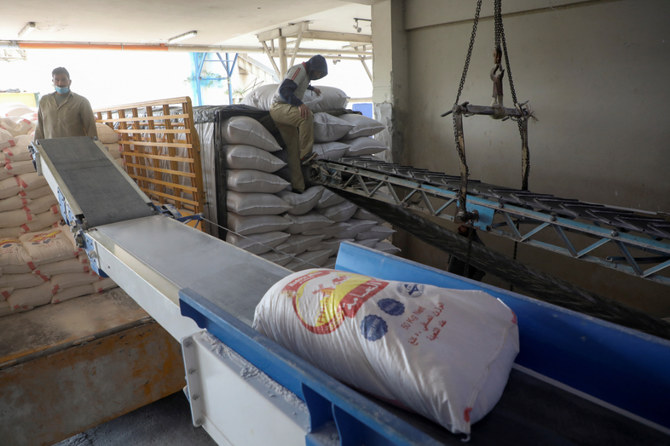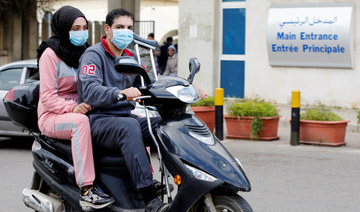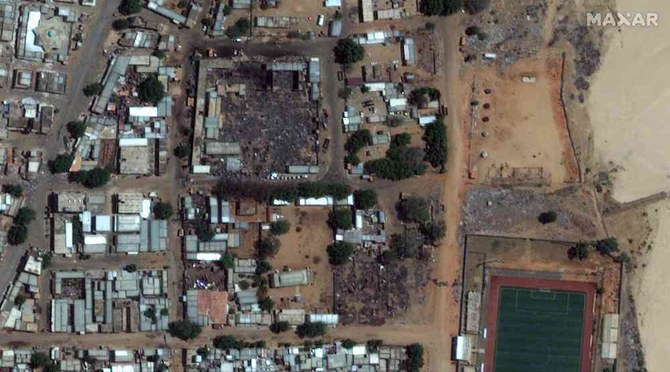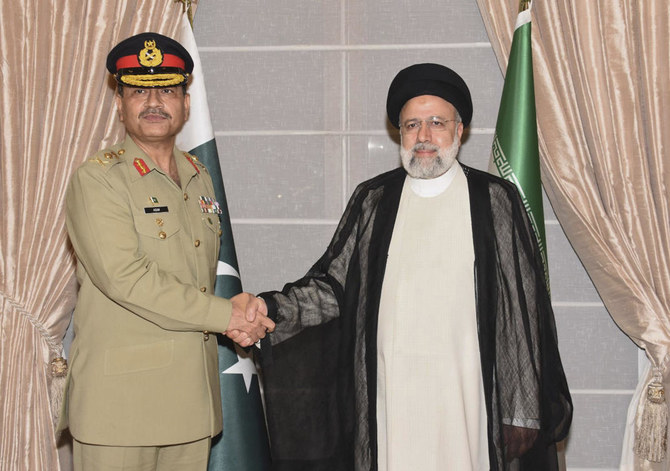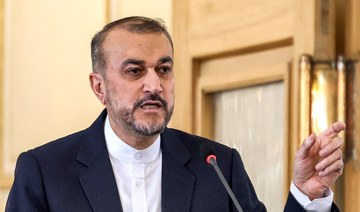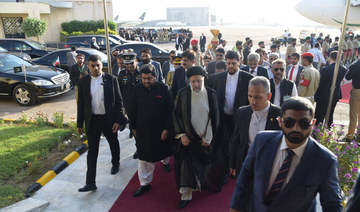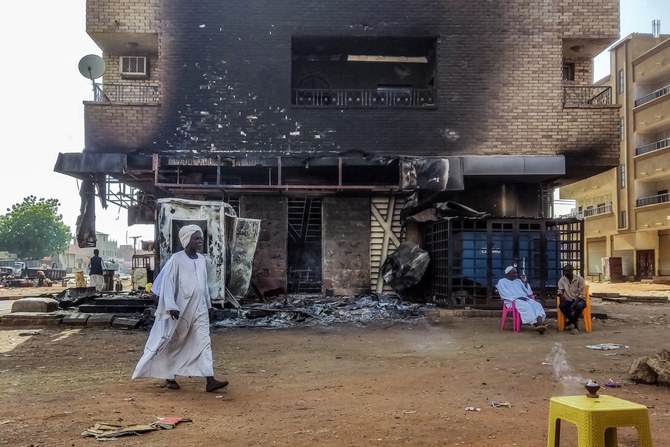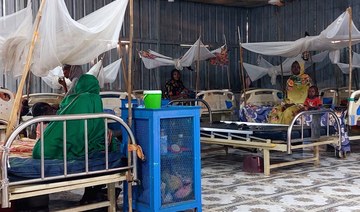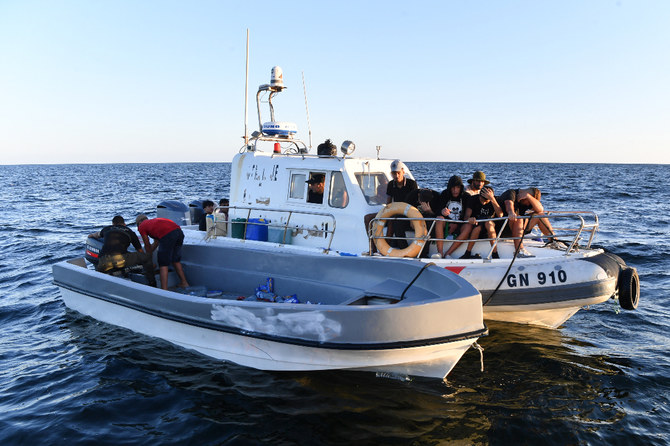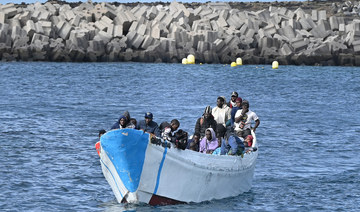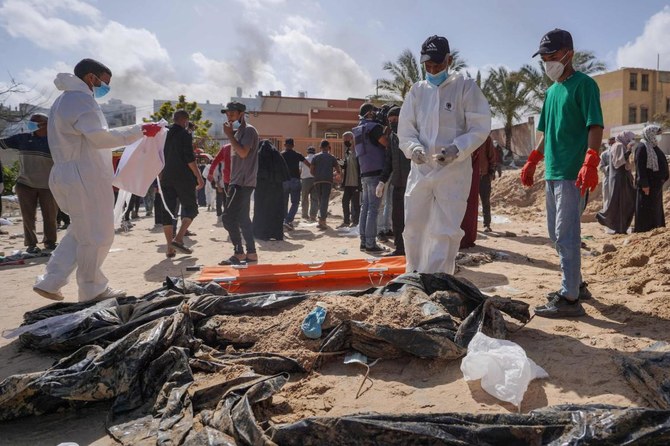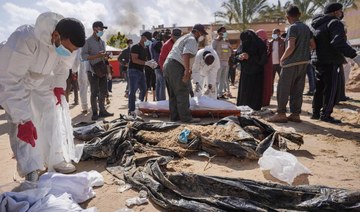BEIRUT: As Ramadan approaches shoppers in crisis-hit Lebanon are fighting over bags of flour and bottles of cooking oil – the ever-decreasing stocks remaining unreplenished fueling concerns of a food security crisis.
The devastating explosion in Beirut port destroyed the massive silos used to store the imported wheat and the was in Ukraine has cut off an important part of Lebanon’s supply chain.
And at the fuel pumps hour-long queues have made an unwelcome return.
A resident told Arab News: “We saw on social media that a new crisis is underway. We arrived at the supermarket to find people fighting over cooking oil and flour.
“We do not trust the promises made by the ruling authority and we have previously run out of basic foodstuffs and medicines,” they said.
“We fear this could happen again, especially since Ramadan is approaching,” they added.
Lebanon lost important wheat silos in the Beirut port blast in 2020. The facilities used to store about 120,000 tons of wheat.
Today, the country stores much of its wheat in warehouses in the north, which are stocked after supplies are unloaded in the port of Tripoli.
But Lebanon still lacks sufficient storage space, and is dependent on regular imports to secure its monthly demand for wheat, which is about 50,000 tons.
In 2020, Lebanon imported more than 630,000 tons from Ukraine, which represented 80 percent of its total imports. Russia supplied 15 percent of the remainder, while 5 percent came from other countries.
And in 2021, Lebanon imported 520,000 tons from Ukraine and the rest from Russia.
Lebanon’s remaining stockpile is estimated to last a little more than a month, especially if the Central Bank fails to transfer money for wheat shipments that Lebanese mills have ordered.
Economy Minister Amin Salam said the government is seeking to reach agreements with several countries to import wheat at reasonable prices and secure reserves of up to two months.
“But the problem remains in the source and price, in addition to the speed of delivery of supplies before our stock runs out,” he added.
As a result of the financial collapse and currency devaluation, Lebanon’s purchasing power has significantly declined, meaning its economy is almost entirely dependent on imports.
The prices of commodities, foodstuffs and services are now intertwined with global markets, and any international events, such as the Ukraine conflict, have direct effects on the Lebanese public.
Lebanon’s annual imports from Ukraine total about $500 million.
Head of the Syndicate of Food Importers in Lebanon Hani Bohsali said: “Lebanon imports 100,000 tons of oils per year, 90,000 tons of which are sunflower oils, and 60 percent of sunflower oil comes from Ukraine, 30 percent from Russia, and 10 percent from Turkey, Egypt and Saudi Arabia. Ukraine is currently no longer exporting, while Russia may encounter problems with the SWIFT system, which will disrupt imports.”
While the government seeks alternative countries to supply wheat, Bohsali warned that there were no alternatives to source cooking oils or the raw materials needed to produce them.
On Sunday, members of the State Security Directorate carried out inspections on gas stations that closed on Saturday, claiming that they had run out of supplies. Authorities forced them to reopen if they had remaining stock.
Queues at gas stations returned on Saturday following rumors of a fuel crisis.
The official prices of fuel surged on Thursday, with a 20-liter canister of gasoline costing more than 400,000 Lebanese pounds ($20). A 20-liter canister of diesel reached 375,000 Lebanese pounds.
However, Energy Minister Walid Fayad denied that there was a crisis on Sunday.
Ships carrying gasoline supplies are at sea and will soon unload their cargo, he added. “It seems that fuel suppliers want to issue a daily price schedule to keep pace with the global markets,” Fayad said.
The General Directorate of Petroleum is expected to issue a new table of fuel prices to take into account surging global fuel prices.
Georges Brax, a member of the gas station owners’ syndicate, called on citizens to avoid panicking and stockpiling gasoline.
“It is true that the quantities arriving in Lebanon are now less than before due to the global crisis, but what we receive is sufficient for local needs,” he said.
Brax called on the Central Bank to speed up the prepayments for ships to unload their cargoes in order to avoid a crisis, especially since the situation could worsen in the future.
Acting Information Minister Abbas Al-Halabi said: “Lebanon is in communication with international companies to address the issue of food security.”
Many countries are experiencing difficulties in exports and imports amid concerns over the war in Ukraine, he added.
Prime Minister Najib Mikati’s government will soon prevent the export of foodstuffs produced in Lebanon until the crisis caused by the Ukraine crisis subsides, and afterward will limit the export of wheat and flour to maintain domestic bread supplies.
The Economy Ministry will also work to prevent monopolisation and price gouging.
During his Sunday sermon, Maronite Patriarch Bechara Boutros Al-Rahi called for an end to wars that “lure fighters to practice barbarism against one other.”
He said: “We pray that the war stops, as a mercy to the innocent. We pray for an end to the destruction, killing and displacement.
“We pray anger and hatred would subside. We pray that the parties to the conflict could sit down and resolve their conflict peacefully. We emphasize the need to adopt a neutrality policy.”



